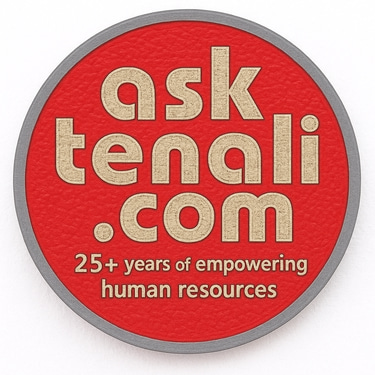No More Castles and Moats: Zero Trust Cybersecurity Fortifies the US Digital Landscape
Zero Trust, Cybersecurity, Data Security, Network Security, Cloud Security #ZeroTrust, #Cybersecurity, #DataSecurity, #CloudSecurity, #DigitalDefense What is Zero Trust security? How does Zero Trust work? Why is Zero Trust important?
Asktenali
9/2/20242 min read
Zero Trust, Cybersecurity, Data Security, Network Security, Cloud Security
#ZeroTrust, #Cybersecurity, #DataSecurity, #CloudSecurity, #DigitalDefense
What is Zero Trust security? How does Zero Trust work? Why is Zero Trust important?
Introduction:
In today's ever-evolving digital landscape, traditional security measures based on trust within a network perimeter are becoming increasingly inadequate. Enter Zero Trust, a security framework gaining momentum in the US. Zero Trust assumes no user, device, or application is inherently trustworthy and requires continuous verification for access control. This shift in perspective is revolutionizing how organizations approach cybersecurity.
Demystifying Zero Trust:
Imagine a fortress with constantly shifting defenses, rigorously verifying everyone and everything seeking entry. That's the essence of Zero Trust. Here's what sets it apart:
"Never Trust, Always Verify": Zero Trust eliminates the outdated concept of a trusted network. Every access request, regardless of origin (inside or outside the network), is scrutinized before granting access.
Least Privilege Access: Users and applications are granted the minimum level of access needed to perform their tasks, minimizing potential damage in case of a breach.
Continuous Monitoring: Zero Trust emphasizes continuous monitoring of user activity and network traffic to detect and respond to suspicious behavior.
Fortifying US Cybersecurity:
Enhanced Data Protection: Zero Trust minimizes the attack surface by restricting access to sensitive data. This is crucial in the US, where data breaches are a constant threat.
Improved Cloud Security: Zero Trust principles are particularly well-suited for cloud environments, where traditional perimeter security is less effective. As cloud adoption in the US soars, Zero Trust offers a robust security solution. (National Institute of Standards and Technology (NIST) Special Publication 800-207: Zero Trust Architecture [invalid URL removed])
Reduced Insider Threat Risk: By continuously verifying access and granting minimal privileges, Zero Trust can mitigate the risk of insider threats, a significant concern for US organizations.
Challenges of Zero Trust Implementation:
Cultural Shift: Shifting from a trust-based approach to a "never trust" model requires a cultural shift within organizations, including employee training and buy-in.
Implementation Complexity: Implementing Zero Trust architecture can be complex, requiring investment in new technologies and security expertise.
Integration Challenges: Integrating Zero Trust with existing security systems can pose technical challenges.
The Future of Zero Trust:
Automation and AI: Expect increased automation and integration of artificial intelligence to streamline access control and threat detection within Zero Trust frameworks.
Standardized Solutions: As Zero Trust adoption grows, the development of standardized tools and best practices will simplify implementation processes.
Zero Trust Everywhere: Zero Trust principles might extend beyond traditional IT environments to encompass the Internet of Things (IoT) and other emerging technologies.
The Final Security Wall (for Now):
Zero Trust is not just a cybersecurity trend; it's a paradigm shift. By adopting a "never trust, always verify" approach, organizations in the US can significantly bolster their defenses against cyber threats. While challenges exist, the potential benefits of Zero Trust are undeniable. As technology evolves, Zero Trust is poised to be the cornerstone of a more secure digital future.
Do you think Zero Trust is the future of cybersecurity? What challenges do you see in implementing Zero Trust?
This article is published on AskTenali.com, your one-stop shop for insightful and engaging content.
